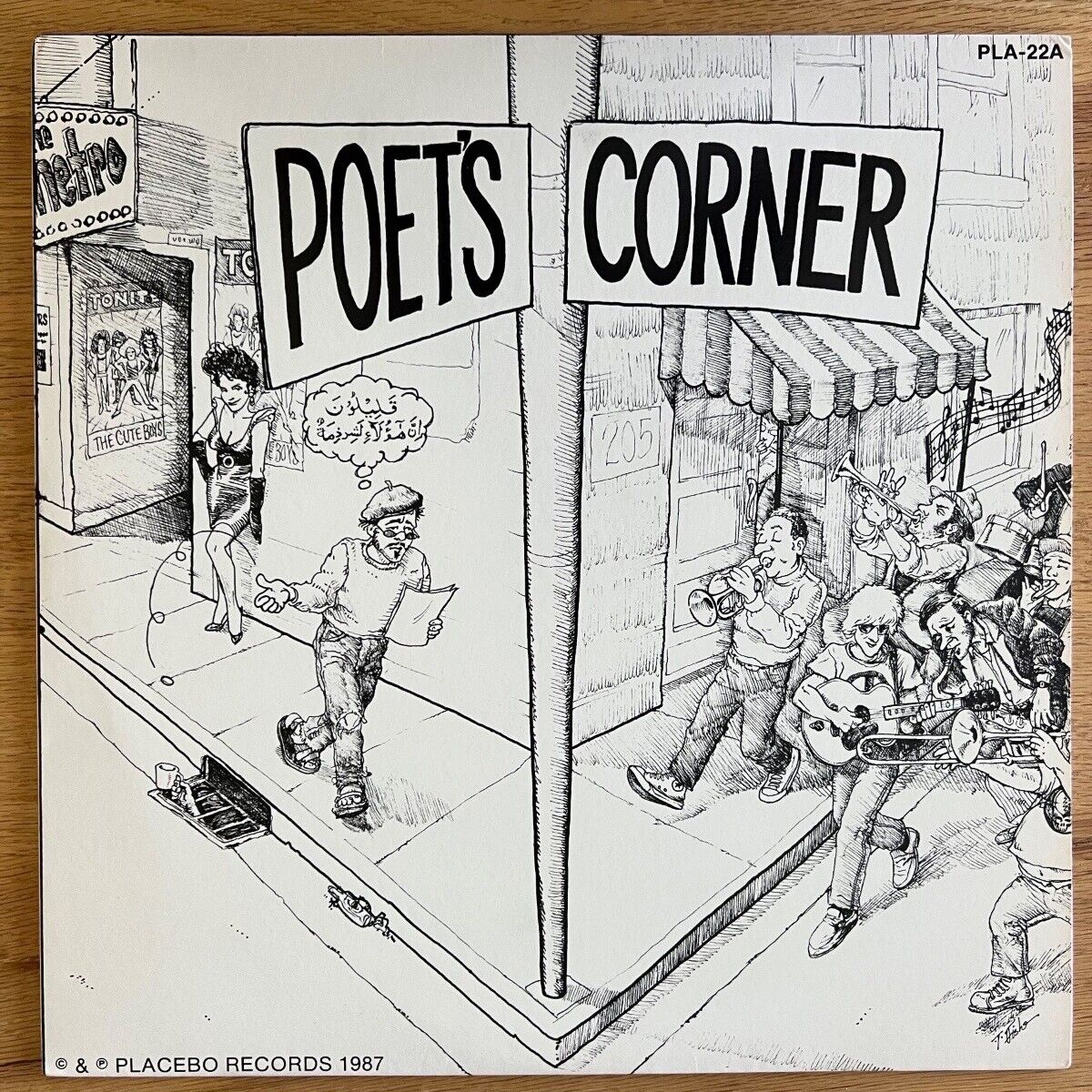this is for information that is good to know, whether it be before or after reading. some of it is important and some of it isn't.
for the record, it's pronounced "pee-mu-lis." dfw pronounced it this way and orin even nicknames him "penisless" at one point, which only really works if you're pronouncing it with the same e sound; same with his nickname "peemster."
pemulis' name comes from an artist called dr. michael pemulis, who released the albums "poet's corner" and "priorities" in 1987 and 1988, respectively. the albums were recorded in phoenix, az, where some of infinite jest takes place, and dfw graduated from the university of arizona in '87. he took other names from the same punk label "placebo records," which you can learn more about here.

i've also elected to write his middle name on this page as "matthew" with two t's rather than one simply because the first time his middle name is introduced as "mathew," the word "[sic]" immediately follows.
i still encourage those who have not read infinite jest yet to learn about this, so tldr; a lot of the narrators in the book are unreliable either due to the fact that they like to lie or simply because they are on some level not stable enough to be telling the entire truth. click/hold down below for spoilers.
while i've tried to answer some of the tougher questions about this book, the truth is that a lot of our information comes from unreliable narrators. can we trust that joi has a literal "priapristic-entertainment cartridge implanted in [his] very own [...] anaplastic cerebrum" at a time when he is convinced hal is mute? can we trust that he even put his head in a microwave, seeing as hal estimates that "60% of what he told orin on the phone [...] was a lie?" can we trust the whole whataburger imagining scene, seeing as dmz is said to pick up minds, carry them off somewhere, put them down someplace, and forget where? even the scene with gately, hal, and joelle digging for joi's head: can we trust that gately's vision says anything about anything when he's lost tons of blood after being shot and is either hallucinating or being visited by the ghost of a man who we've already established as unreliable? we have to come to conclusions on our own and think critically to get to the bottom of this gargantuan masterpiece, which is easier said than done.
dfw scatters this ellipse symbol (❍) throughout his book, but doesn't ever really explain why. he wrote to pietsch: "they're just supposed to be circles. decoration. maybe suggesting tennis balls, heads, annular defloration cycles, etc. maybe just me amusing myself" (learn more here). so yeah, maybe it's nonsense, but maybe it's not, because he was also purportedly pretty meticulous with the symbol's placement and usage.
there is actually a circle in the corner of page 981, though it is not included in the tenth anniversary paperback. some suggest that the symbol represents a lens, and passages with the symbol attached indicate said passages' connection to joi and his filmography. i find this debatable. greg carlisle postulates that the symbol demarcates new chapters, with several scene or time changes within a chapter, which i personally find more believable.
this website marks each chapter as well as some other fun stuff i recommend taking a look at. beware of spoilers!
yes, some parts can be weird... like, a "chinkette woman"???? really? but dfw isn't racist. he's talked on several occasions about the inherent advantages of his race and socioeconomic status; he was simply too smart to be that ignorant. but still, it's there, staring us in the face. the "wardine cry" chapter is particularly egregious (if you haven't read the book yet, you'll know it when you see it).
but infinite jest is supposed to be told from the perspective of the character the chapter focuses on, so even when a character says something deeply problematic or simply bad (as in i just close my eyes and shake my head), we can trust for the most part that what's written is not a reflection on dfw--this is true for most books! still yet the racism in infinite jest is absolutely tied to dfw. why? because the characters he writes are privileged and for the most part white, and one of the reasons infinite jest is so good is because it's an extention of his identity and experiences.
seventeen-year-old preparatory school kids are going to be problematic and dumb high school dropout burglars are also going to be problematic. dfw sought to reflect our real world and succeeded, including our unfortunate prejudices.